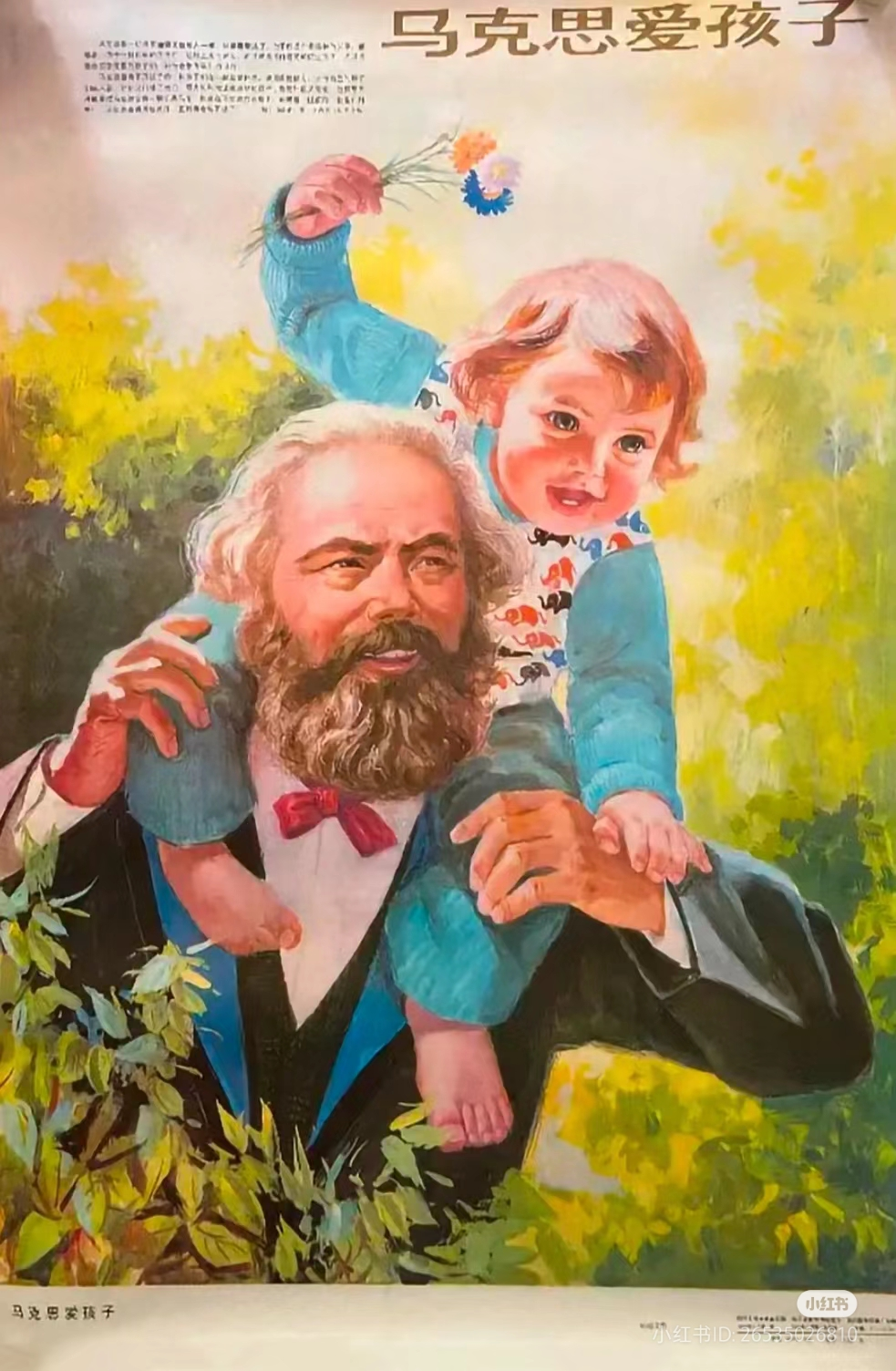VirtualBread [she/her]
- 1 Post
- 12 Comments
- VirtualBread [she/her]to
 ·4 days ago
·4 days agoDamn surprised they didn't like tear it down or something. Almost feels like turning Mussolini's private residence into a tourist attraction.
My understanding of it:
Surplus value = value workers produce in excess of what they need to live. So if I work 8 hours but only needed to work 3 in order to maintain my current standard of living, my surplus value is 5 hours of labor-time.
Profit = the net earnings of the capitalist through the act of production. The capitalist earns the surplus value produced by workers through exploitation, of course, but not only do they have to pay the workers' wages, they also have to pay for constant capital, which is machinery, equipment, and other things needed for production besides labor.
So profit = surplus value generated - the cost of constant capital.
Why does it look like it's trying to seduce someone
- VirtualBread [she/her]to
 ·9 months ago
·9 months agoAm reading a bourgeois macroeconomics textbook right now (why do I torture myself so), and the example they give to explain the theory of comparative advantage made me physically cringe. It goes something like this:
"Suppose that South America can produce 400 units of food or 200 units of computers, and Europe can produce 200 units of food or 400 units of computers. South America has a comparative advantage in producing food, while Europe has a comparative advantage in producing computers. So it would be mutually beneficial for South America to specialize in making food and Europe to specialize in making computers"
My god, what a painfully ironic example, given that the theory of comparative advantage originated from 19th century Britain, which promoted the theory because it wanted to force foreign nations to open themselves up to British exploitation. But neither the colonialist interests behind the origin of the theory nor the way in which this racist example perfectly plays to said colonialist origins ever crossed the minds of the author.
Death to bourgeois economics
- VirtualBread [she/her]to
 ·9 months ago
·9 months agoMost racially diverse Midwestern high school
Not with that many chicken nuggets in one batch it ain't you gotta run multiple batches if you wanna make that many nuggets
This is Dubai
This is a person from Dubai
They are a ___
Show
"That's right! The square hole!"
- VirtualBread [she/her]to
 ·1 year ago
·1 year agoCan't wait for my car to get stuck at a parking lot cause the screen froze and I can't switch gears to reverse






Anki. End of discussion. If you don't know what Anki is, it's a flashcard app that automatically schedules cards for you based on how hard or easy you say the cards are. So if you tell Anki a card is easy, it might, say, schedule the next review for 30 days later, whereas if you say it's hard, it might schedule the next review for 2 days later. Anki:
Anki can be a bit intimidating, as there's a bit of a learning curve to using the app in the first place, but I promise you that all the other options like Quizlet or whatever aren't even close to as good as Anki.